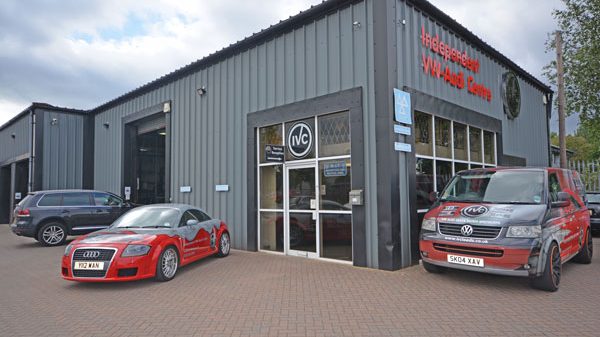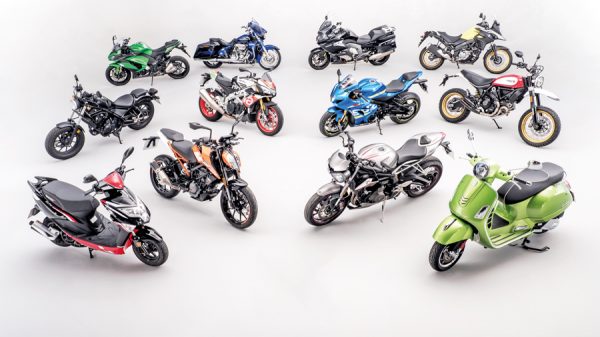The motorcycle industry contributes billions of pounds to the UK economy each year, according to a report published. The Economic Benefits of the UK Motorcycle Industry 2014 calculates that:
• £5.3billion is generated through net annual sales, with an added value of £2billion
• The industry directly employs 58,500 people in 5,700 businesses, plus an additional 16,400 jobs through motorcycle businesses purchasing goods and services from other UK sectors
• Pays over a £1billion in tax
• Exports equal around £450 million each year
• Tourism associated with motorcycling is estimated to support an additional 13,200 jobs
The report breaks down the industry by five sectors, which include:
• Manufacturing
• Distribution and retail
• Repair, servicing and maintenance
• Sports and leisure
• Support services, which include finance and insurance
It shows that the £2billion ‘added value’ generated by the motorcycle industry is more than the following industries:
• Retailers of automotive fuels, lubricants and cooling products (£1.2billion)
• Call centres (£1.4billion)
• Performing arts (£1.5billion)
• PR and communications activities (£1.3billion)
The number of jobs supported by the industry is more than:
• Taxi driving (36,000)
• Manufactures of pharmaceuticals (50,000)
• Agriculture, forestry and fishing activities (46.000)
• Manufacture of textiles (47,000)
Social benefits:
• Saves the NHS several million pounds a year through voluntary ‘blood biker’ services, couriering life saving products
• Used by emergency services to cut through traffic
• Addresses transport poverty through Wheels to Work schemes
The report shows around 3000 people in the UK are employed in the manufacture of high quality motorcycles, components, clothing, accessories and fuel. Triumph Motorcycles plays a major part in contributing to these figures, but the report also highlights the contribution of a number of smaller high value high performance manufacturers including Norton, CCM and Métisse. There are also UK businesses involved in the development and manufacture of electrical and other low carbon motorcycles. These include Agility Global, which makes a high performance electric sports bike and Intelligent Energy, which is working with Suzuki to develop the first commercial fuel cell vehicle.
CEO Steve Kenward says this document should be read by all those making policy decisions about transport:
“There are now nearly twice as many motorcycles licensed (and license exempt) for the road than there were 20 years ago and the general trajectory for motorcycle use is upwards. Around a third of all new registrations are for smaller motorcycles, likely to be used for commuting, and we see this as an increasing trend with motorcycles helping to tackle congestion as part of a low carbon future.”







